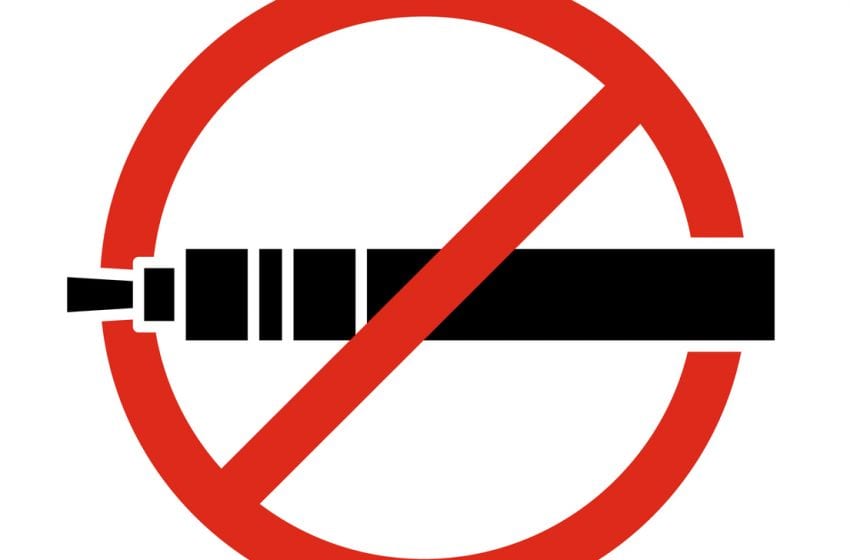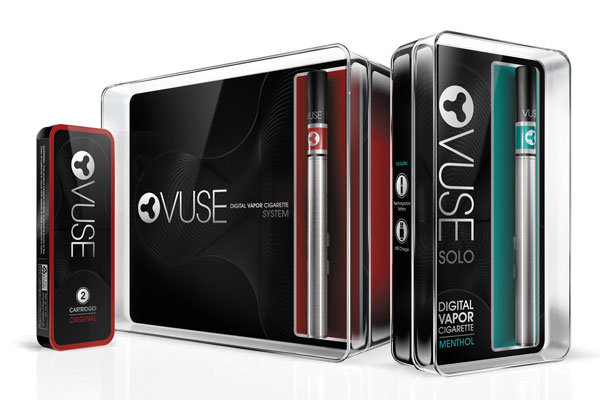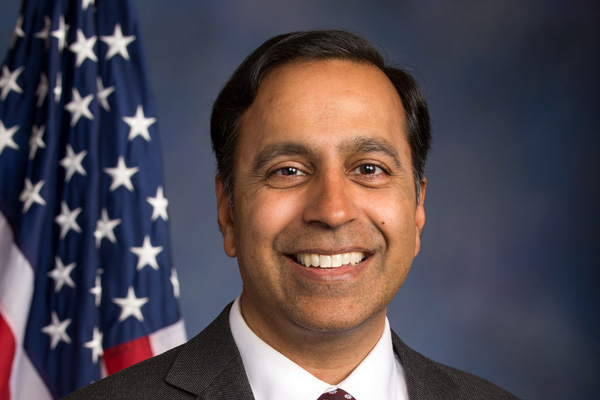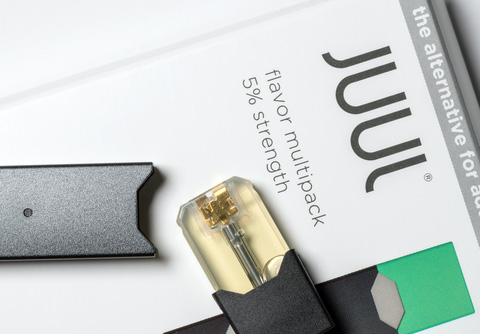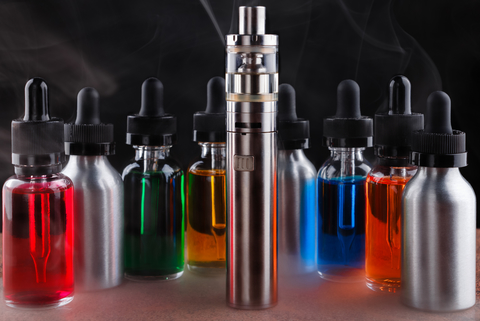 Extreme smoking bans undermine social inclusiveness without benefitting public health, according to a report published today by the smokers’ campaign group Forest EU.
Extreme smoking bans undermine social inclusiveness without benefitting public health, according to a report published today by the smokers’ campaign group Forest EU.
The new report includes the Smoking in Society Index, the most comprehensive, up-to-date public table of smoking and vaping regulations in the 28 EU member states.
Slovenia is the worst EU country to smoke in, followed by Bulgaria, Finland, Hungary, Ireland and Poland,
Forest describes the extent of the new smoking and vaping prohibitions as worrying, with many member states enacting restrictions that go beyond the 2009 EU Recommendation on smoke-free environments.
“The prohibition of smoking in the open air and the extension of smoking bans to vaping represent a betrayal of the 2009 EU Recommendation on smoke-free environments,” said Guillaume Périgois, director of Forest EU.
“Reaching into smokers’ homes takes tobacco control in a new and rather sinister direction.”
Périgois called on the European Commission to denounce the marginalization of smokers and vapers and reaffirm the principles of the 2009 EU Recommendation.


